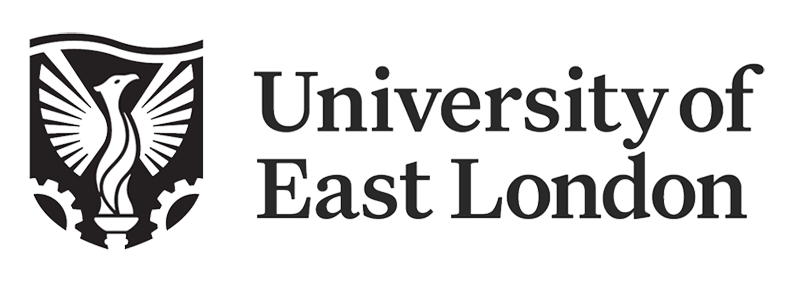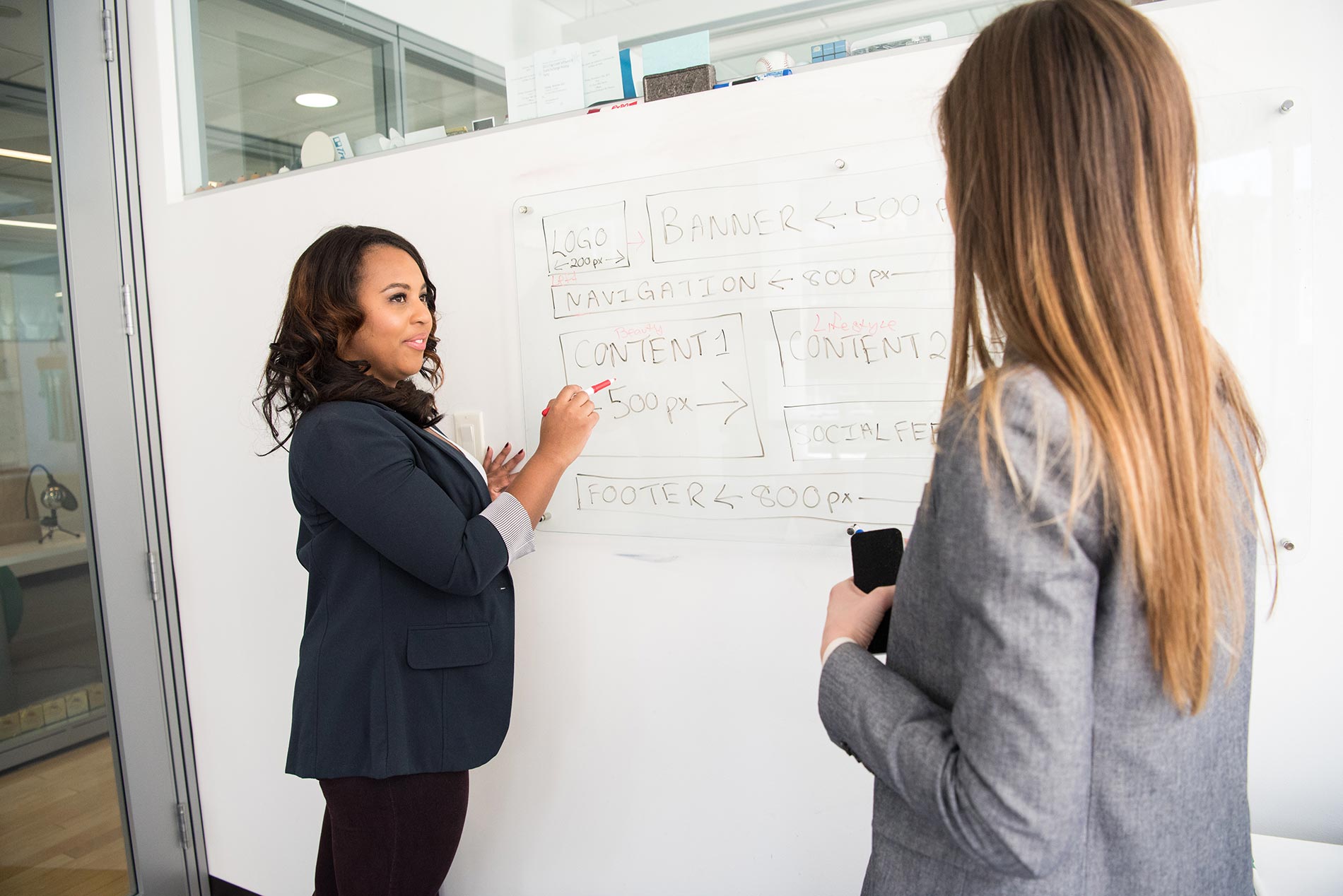Higher Education Leadership Programme
The Higher Education Leadership programme offers a unique opportunity for current and future senior leaders to develop their skills, knowledge and understanding to lead their education contexts successfully with the aim to drive effective improvement within an educational setting.
There are growing demands on school leaders, reflecting increased expectations of the education system and the broadening nature of Academies and Trusts, including greater accountability pressures and emphasis on both raising standards and widening the social goals of schooling as outlined in the Education White Paper (DfE, 2016).
This course tackles issues directly related to the current field of national education and educational leadership. It challenges those in attendance to develop deeper critical thinking around how to meet the needs of policy and the needs of your students and staff. It does this by exploring strategic leadership approaches and practices, and how to lead teams effectively.
Those in attendance will work through the process of initiating and driving change at an individual, group and/or organisational level. This will be taught by offering learning opportunities on how to lead change, develop capacity to change through coaching and mentoring, and reflective ethical leadership.
The Higher Education Leadership Programme provides professionals with the opportunity to enhance their knowledge and practical skills in an environment designed to maximise their learning and leadership experience through a variety of learning activities, opportunities and working collaboratively with peers.
Additionally, the programme gives learners the opportunity to take their studies to the next level by offering an associated qualification - the Postgraduate Certificate in Senior Education Leadership, which is validated by the University of East London.
Course Summary
Postgraduate Certificate in Senior Education Leadership - Optional
Duration:
5 Day
Delivery Method and Price:
Virtual Classroom:
£2,300
About the Programme
This programme has been designed for leaders and senior stakeholders with a minimum of three years of relevant experience in education.
Benefits
This course is for you if you want to:
- Develop the skills to lead the development of others
- Understand how to inspire, influence and build high-performing teams
- Be equipped with strategic leadership and management skills to enhance team performance
- Confidently be able to deploy a range of effective management techniques and tools
*Please note that some of the materials and objectives may be subject to change depending on discussions, activities and needs of the cohort upon reflection of delegate responses to the pre-programme questionnaires.*
- In addition, delegates will:
- Have a clear understanding of the senior leader’s role in overall leadership and effective management of the organisation
- Understand how to inspire, influence and build high performing and effective teams
- Be equipped with strategic leadership and management skills to enhance team performance
- Confidently be able to deploy a range of effective management techniques and tools
Session 1
Self as Leader in Education
- Management expectations in the strategic environment
- Acting as a senior leader
- Self-awareness and emotional intelligence
Session 2
Working in Strategic Environment
- Understanding organisational culture
- Strategic influencing
- Collaboration and team working
- Acting politically
Session 3
Business Planning and Building a Strategy in Education
- Systems thinking
- Developing a strategy
- Creating a vision
- Knowledge management
Session 4
Improvement Methodology and Delivering Excellence in Education
- Improvement techniques
- Thinking differently – building creativity and innovation across education
- Delivering high performance in education
Session 5
Leading and Managing Change in Education
- Leading Change
- Exploring how to lead a change project
- Considering reactions and responses to change
- Developing Trust
- The importance of fairness
- Planning and leading the change
The Postgraduate Certificate in Senior Education Leadership
Following completion of the Higher Education Leadership Programme, learners can opt to continue their studies with a Postgraduate Certificate in Senior Education Leadership, validated by the University of East London. This is a level 7 postgraduate qualification which sits between an undergraduate degree and a masters.
- Highly flexible programme to work around individuals, with three entry points throughout the year (September, January and May).
- Qualification can be achieved within 9 months of starting the PG Cert journey.
- Modules include: Leading Change and Reflecting upon Leadership in Education.
- Dedicated one-to-one support from our team of highly experienced academic supervisors, plus additional support from the Quality Assurance Team here at In Professional Development.
- Focus on work-based learning. Assessments can all be applied to the business situation/workplace, giving both the student and the wider organisation a chance to learn and adapt business practice.
- Achieving a PG Cert allows individuals to list the qualification as part of their credentials.
- Invitation to attend the University of East London graduation ceremony.
Click here to find out more information about the PG Cert in Senior Education Leadership.

Lizana Oberholzer
Tutor
Dr. Lizana Oberholzer is a senior lecturer in teacher education and programme lead for the University of Wolverhampton’s International MA in Education, as well as the Early Careers Framework and National Professional Qualifications for school leaders. She is passionate about teacher development and is the BERA special interest group convenor for Teacher Education in England. In addition, she supports the BELMAS Research Interest Group for governing and governance as a convenor. Lizana is a BAMEed Trustee, and supports WomenEd as a regional lead. She is actively involved in IPDA, and is currently the IPDA England Chair. She is the Vice Chair for UCET’s CPD forum, and Chairs the APPG SIG for Teacher Development. In addition, she acts as SIG Convenor for the BERA Teacher Education and Development Special Interest Group, and Research Interest Group for Governance and Governing at BELMAS. She is also a Founding Fellow of the Chartered College of Teaching, Chartered Management Institute Fellow, CollectivEd Fellow and IPDA Fellow. Lizana is a proud trustee of a Multi Academy Trust, and is a committed educator, striving to provide learners and leaders in education with learning opportunities and life-chances.

Matt Silver
Tutor
Matt started working in mainstream education in 2009 after 25 years with a Special Educational Needs and Disability (SEND) charity. He has been a CEO of SEND group, a headteacher of an outstanding special school and has lectured internationally. Matt created Meaningful Mastery, a project-based learning curriculum for the 21st Century, which is showing incredible results across all aspects of school data. He also lectures on a number of leadership Masters courses and was the Director of the National College of Education’s MBA programme. Matt is driven to define best practice in education for sustainability. He draws on the development of the self, stages. and systems, as well as conscious leadership to create that best practice. As the Founder and Director of The Glass House Leadership Lab, Matt’s living his passion to unlock the capacity of others in education and to become self-authoring agents of growth.
Our dedicated In-House Training team can work with you to create a tailored training course that creates an optimal learning experience. Our bespoke built training programmes are designed around your needs and allow you to meet the specific requirements of your business.
Click here to view our In-House Training services.
Is this course right for you?
- Develop the skills to lead the development of others
- Understand how to inspire, influence and build high performing teams
- Be equipped with strategic leadership and management skills to enhance team performance
- Confidently be able to deploy a range of effective management techniques and tools

Accommodation Made Easy
On confirmation of your course booking, you'll have the option to book accommodation from the world renowned and trusted Booking.com. Book your course, book your accommodation, expand your skills. Easy as 1 2 3.
Upcoming Courses
No courses to show.
{{ event.title }} ({{ (new Date(parseInt(event.start_date))).toLocaleDateString("en-GB") }} - {{event.location_name}} {{event.learning_mode}}).
In Association With:
{{ (new Date(parseInt(event.start_date))).toLocaleDateString("en-GB") }} - {{ (new Date(parseInt(event.end_date))).toLocaleDateString("en-GB") }}
Location:
{{ event.location_name}}
Price:
£{{ event.price }} + VAT
Featured Courses
Location:
Virtual Classroom
Location:
Virtual Classroom
Location:
Virtual and Face to Face




